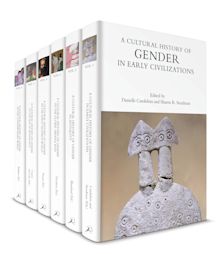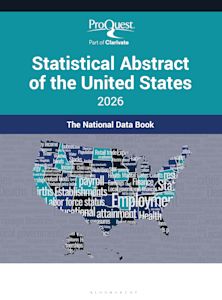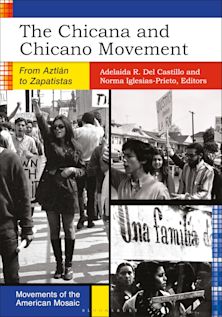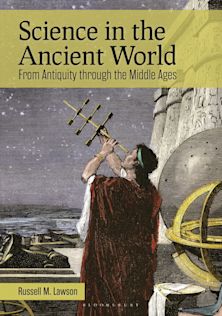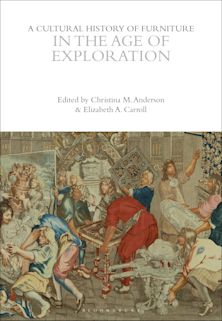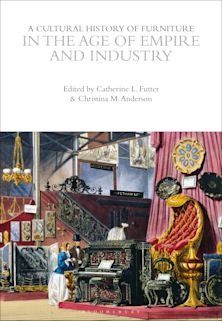This product is usually dispatched within 1 week
- Delivery and returns info
-
Free CA delivery on orders $40 or over
You must sign in to add this item to your wishlist. Please sign in or create an account
Description
This original study by distinguished scholar Vitaly V. Naumkin offers an authoritative analysis of the key militant Islamic organizations in Central Asia. Long veiled in secrecy, the Islamic Movement of Uzbekistan, Hizb at-Tahrir al-Islami, and the Islamic Revival Party of Tajikistan are illuminated here for the first time. Drawing on his extensive fieldwork and an unprecedented array of Central Asian primary sources, the author thoroughly compares their doctrines, power bases, and political practices. The book also explores the history of political Islam in Central Asia and explains the concurrent roots of Islamic militancy from the early disputes between Salafis and traditionalists, through the period of Islamic revival in the late 1980s when radical groups first emerged, and up to their growing strength today.
Naumkin analyzes the human dimension in Central Asian Islam through the lives of the most significant theologians, mullahs, underground preachers, and teachers in the region, evaluating their role in the spread of Islamic radicalism. Providing fresh insight into the balance between peaceful and militant means of struggle for power used by Islamic movements, the author considers into the possibility of dialogue with the Islamists and the outcome of the "Tajik experiment" that brought former Islamic radicals into the government. All those interested in the development of political Islam will find this study an invaluable resource.
Table of Contents
Chapter 2 Introduction
Chapter 3 The Roots and Causes of Islamic Radicalism: The History of Islam in Central Asia
Chapter 4 The Rise and Fall of the Islamic Movement in Uzbekistan
Chapter 5 The Hizb at-Tahrir al-Islami: A Peaceful Expansion?
Chapter 6 Islamists in Government: The Case of the Islamic Revival Party of Tajikistan
Chapter 7 Conclusion
Chapter 8 Glossary
Product details
| Published | Mar 11 2005 |
|---|---|
| Format | Hardback |
| Edition | 1st |
| Extent | 336 |
| ISBN | 9780742529298 |
| Imprint | Rowman & Littlefield |
| Dimensions | 237 x 157 mm |
| Series | The Soviet Bloc and After |
| Publisher | Bloomsbury Publishing |
About the contributors
Reviews
-
This insightful book will be of great interest to scholars, government officials, and those concerned with understanding the complex world of Central Asia. Highly recommended.
S.A. Kochanek, Pennsylvania State University, Choice Reviews
-
Illuminates, for the first time, the varied complexities of largely clandestine movements shaped by contradictory and often opaque currents. The author's mastery of this unusual body of sources on a topic central to contemporary international politics sets it apart from other works of this kind.
Robert Crews, Stanford University
-
A 'must-read' for anyone who is interested in political Islam, its origins and role in modern Central Asia, and the linkages between Central Asia and the broader Muslim world. This essential book offers a long-overdue introduction to the extensive, highly original, and invaluable work of one of Russia's leading scholars.
Fiona Hill, The Brookings Institution
-
How better to understand the nature and scope of the challenge raised by radical Islam in Central Asia than to probe deeply the biography of the three key movements active in the region-one violent, allied to al Qaeda, and focused on overturning a key regime in Uzbekistan; a second, non-violent and committed to a global caliphate; and the third, increasingly tamed and part of conventional politics in Tajikistan. Naumkin brings to the task not only the erudition of a scholar of medieval Islam, but years of first-hand encounters with the region and with a broad spectrum of people within both the Islamic and governmental communities.
Robert Legvold, Columbia University
-
Vitaly Naumkin, one of Russia's foremost authorities on the Muslim world and the Middle East, has brought together his deep knowledge and experience to produce this outstanding study of the forces of change in the realm of Islam in Central Asia.
Anoush Ehteshami, Durham University, University Of Durham
-
This fine book offers an extraordinarily well-informed and insightful examination of political Islam in Central Asia and of its place in the broader phenomenon of political Islam across the Muslim world. Likely to be the standard reference on the topic for some time to come.
Graham E. Fuller, author of The Future of Political Islam












